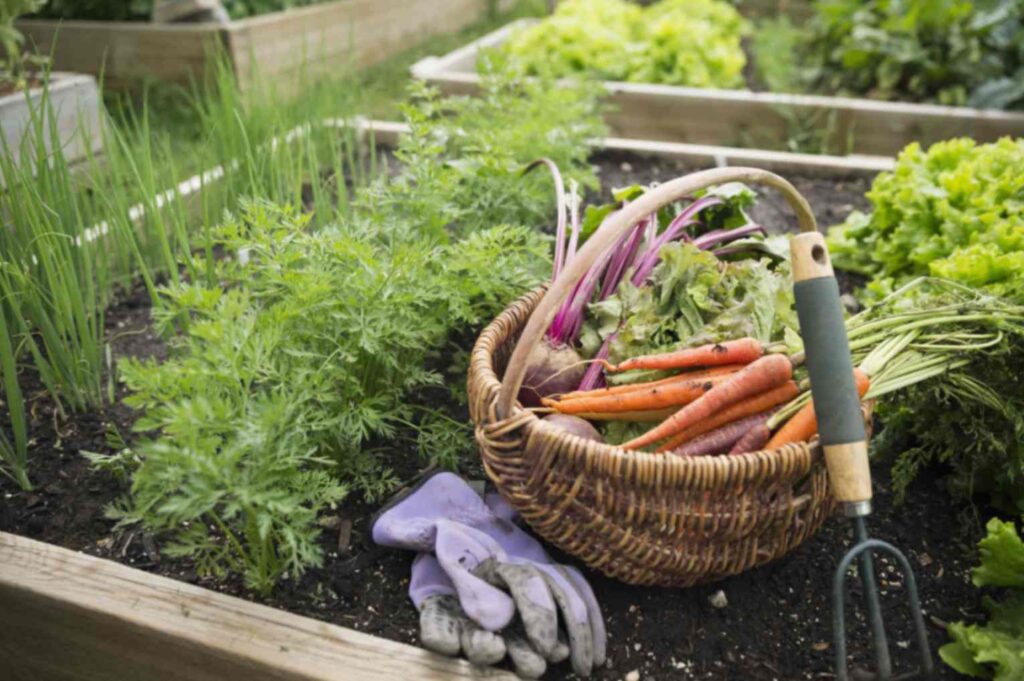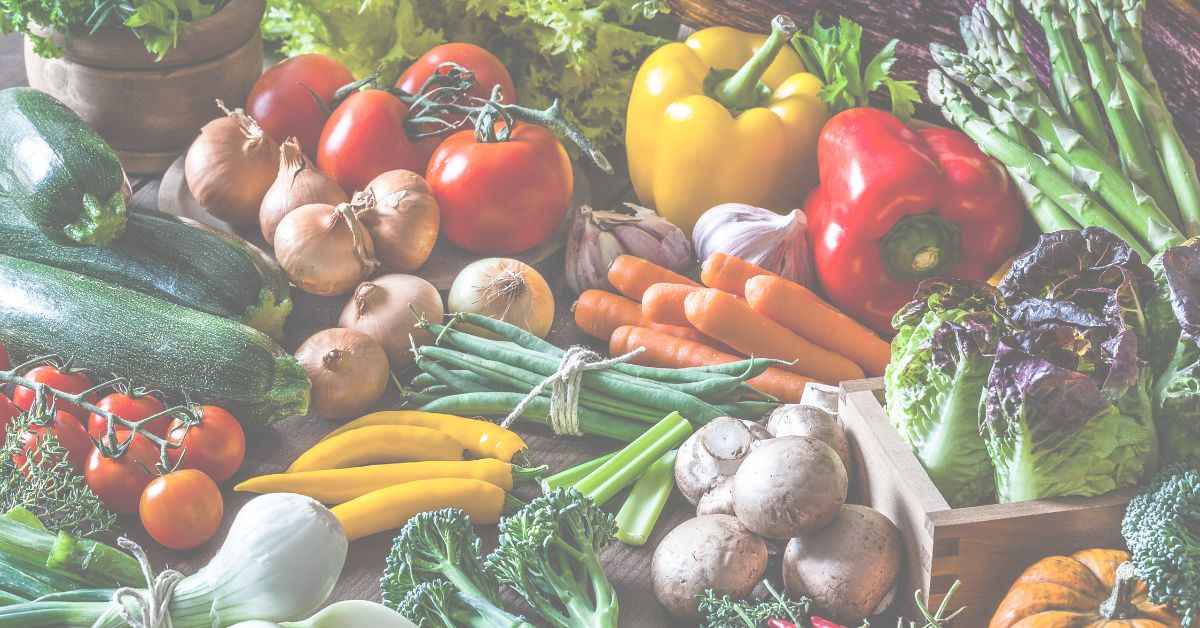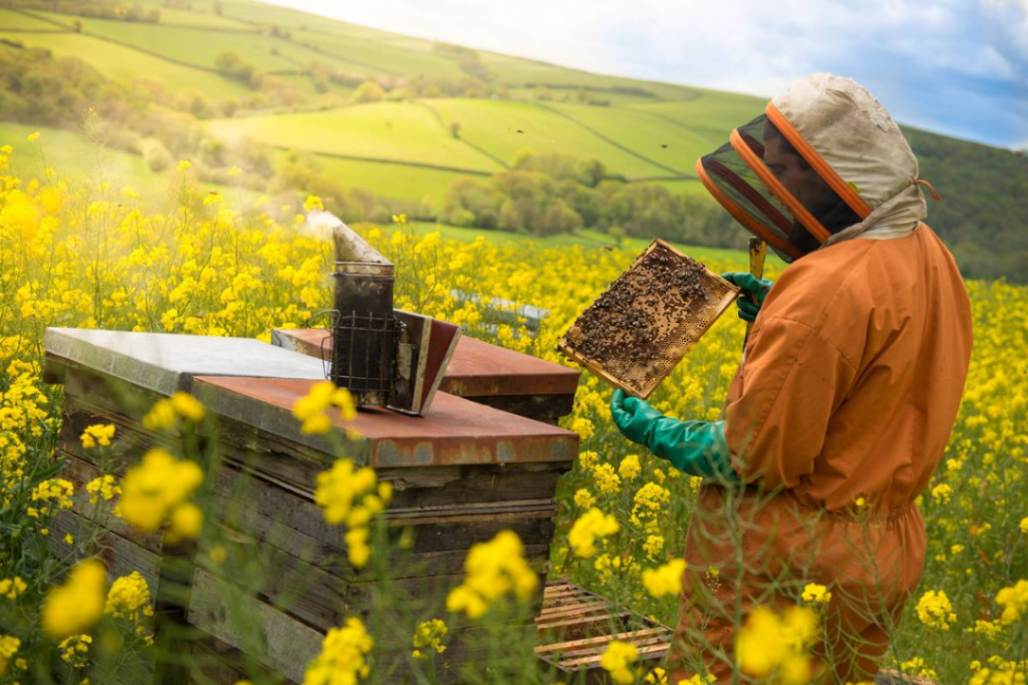June 7th marks World Food Safety Day, a vital occasion to raise awareness about the importance of safe food and highlight the efforts required to ensure food safety across the globe. This year’s theme, “Food Standards Save Lives,” underscores the necessity of maintaining high standards in food production, processing, and distribution to protect public health. A significant contributor to food safety is organic farming, which plays a crucial role in delivering nutritious, contaminant-free food to our tables.
Understanding Food Safety
Food safety involves handling, preparing, and storing food in a way that reduces the risk of foodborne illnesses. It encompasses a broad range of practices and standards designed to ensure that our food supply is safe for consumption. Key aspects of food safety include:
Food safety encompasses the handling, preparation, and storage of food in ways that prevent foodborne illnesses. It is essential for several reasons:
1. Health and Well-being: Unsafe food can cause a range of health problems, from acute illnesses like food poisoning to long-term conditions such as cancer and neurological disorders. According to the World Health Organization (WHO), an estimated 600 million people fall ill after eating contaminated food, and 420,000 die every year.
2. Economic Stability: Foodborne illnesses can lead to significant economic losses for individuals, families, businesses, and nations. They result in medical expenses, lost productivity, and diminished earnings, severely impacting economic growth and stability.
3. Global Food Security: Safe food practices contribute to food security by ensuring that food remains nutritious and accessible. Contaminated food can lead to wastage, reducing the overall food supply and increasing prices.
4. Consumer Confidence: In a world where global trade is ever-increasing, food safety is critical for maintaining consumer confidence. Safe food practices ensure that products are acceptable for international markets, bolstering trade and economic development.
– Hygiene and sanitation: Proper cleaning procedures in food handling and preparation.
-Food processing standards: Regulations to control contamination during manufacturing and packaging.
– Pesticide and chemical control: Limiting harmful substances in food production.
Unsafe food can lead to a myriad of health issues, from mild gastroenteritis to severe conditions like kidney failure and even death. Thus, adhering to stringent food safety practices is not just a regulatory requirement but a public health imperative.

🛡️ 5 Simple Steps for Food Safety:
1. Clean: Always wash your hands, utensils, and surfaces before and after handling food.
2. Separate: Keep raw and cooked foods separate to avoid cross-contamination.
3. Cook: Ensure food is cooked to the right temperature to kill harmful bacteria.
4. Chill: Refrigerate food promptly to prevent bacterial growth.
5. Be Aware: Stay informed about food recalls and safety alerts.
The Role of Organic Farming in Food Safety
Organic farming is an agricultural method that emphasizes the use of natural processes and materials, promoting ecological balance and biodiversity. Unlike conventional farming, organic farming avoids the use of synthetic pesticides, herbicides, and fertilizers, opting instead for organic alternatives and sustainable practices. This approach offers several benefits to food safety:
1. Reduction of Chemical Residues
One of the primary advantages of organic farming is the significant reduction in chemical residues on food. Conventional farming methods often rely on synthetic chemicals to protect crops and enhance yields, which can leave harmful residues on the produce. These residues pose health risks to consumers, including hormone disruption and increased cancer risk. Organic farming, by avoiding these chemicals, ensures that the food reaching our plates is free from such harmful substances.
2. Enhanced Nutritional Quality
Studies suggest that organic foods often have higher nutritional value compared to conventionally grown counterparts. Organic fruits and vegetables tend to have higher levels of vitamins, minerals, and antioxidants, which are essential for maintaining good health and preventing diseases. This superior nutritional profile contributes to overall food safety by providing consumers with healthier options that support their well-being.
3. Promoting Biodiversity
Organic farming practices support greater biodiversity in the agricultural ecosystem. By fostering a variety of plants, animals, and microorganisms, organic farms create a more resilient environment that can better withstand pests and diseases naturally. This biodiversity reduces the need for chemical interventions, thereby minimizing the risk of contamination in the food supply.
4. Sustainable Soil and Water Management
Healthy soil and clean water are fundamental to producing safe food. Organic farming practices, such as crop rotation, composting, and the use of organic fertilizers, enhance soil fertility and structure. These practices prevent soil erosion and reduce water pollution, ensuring that crops are grown in a clean and nutrient-rich environment. This sustainable approach to farming supports the long-term safety and quality of the food supply.
5. Animal Welfare and Food Safety
Organic farming also extends to livestock management, where animals are raised in humane conditions without the routine use of antibiotics and growth hormones. These practices reduce the risk of antibiotic-resistant bacteria entering the food chain, thus protecting consumer health. Additionally, organic livestock are typically fed organic feed, further ensuring that the products derived from these animals, such as meat, milk, and eggs, are free from harmful chemicals and additives.

World Food Safety Day serves as a reminder of the critical importance of safe food practices and the collective effort needed to achieve them. Organic farming stands out as a key player in promoting food safety, offering a sustainable and health-conscious alternative to conventional agricultural methods. By choosing organic, we not only protect our health but also contribute to a more sustainable and safe food system.
As we celebrate World Food Safety Day, let’s acknowledge the vital role that organic farming plays in safeguarding our food and our future. Embrace organic, support sustainable practices, and make informed choices for a healthier, safer world.
We at SapAgro, the leading Organic Farming Training in Maharashtra, celebrate the pivotal role of organic farming in ensuring food safety and sustainability. By equipping individuals with the knowledge and skills necessary to cultivate organic crops, we empowers farmers and enthusiasts to contribute to a safer, healthier food system. Join us in championing organic farming education as we pave the way for a more sustainable future in agriculture and food production.






